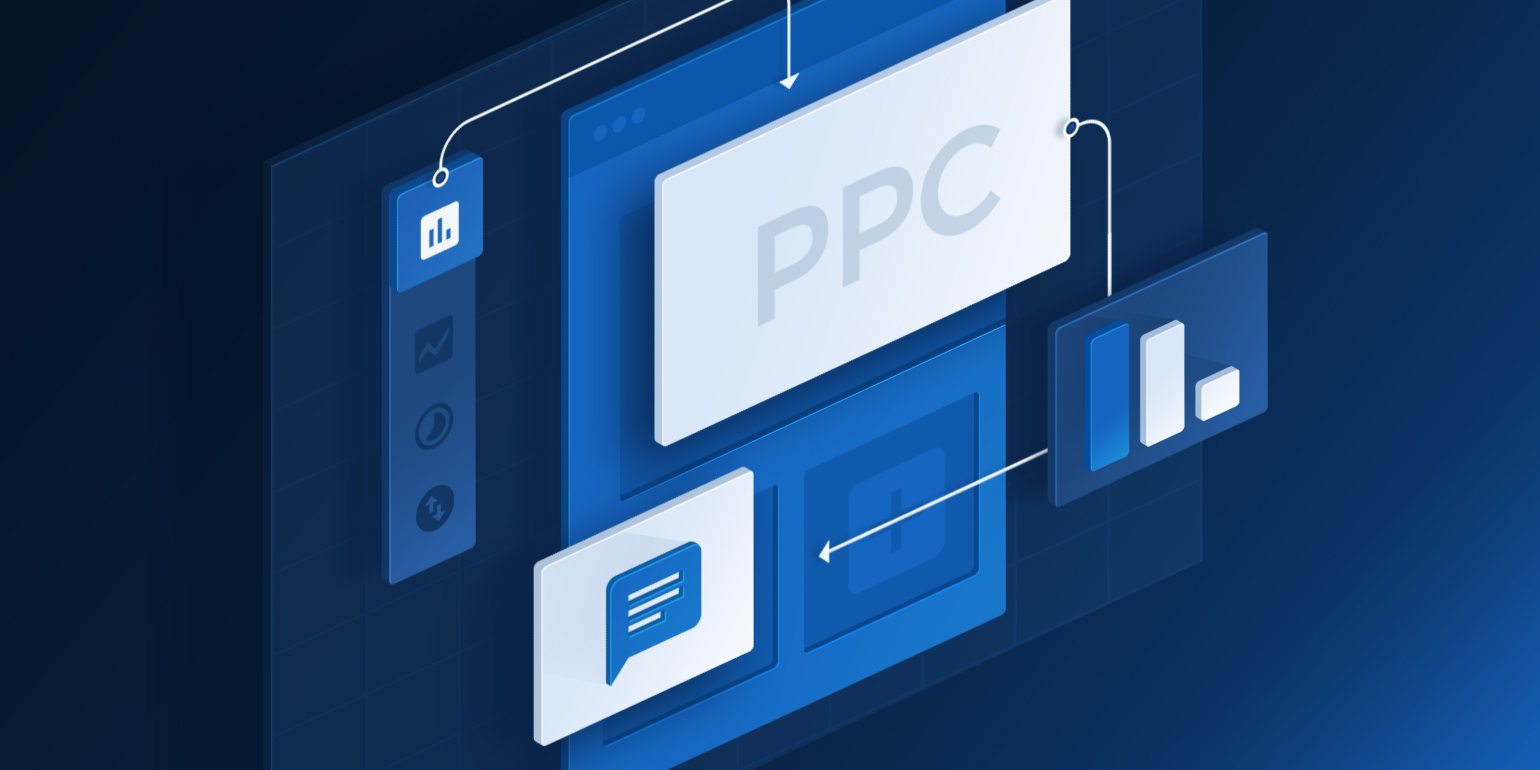
Landing page optimization plays a crucial role in the success of real estate PPC (Pay-Per-Click) campaigns. The landing page is where potential clients land after clicking on your PPC ad, and it significantly influences whether they will take the next step—whether that’s contacting you, signing up for more information, or viewing a property listing. Alongside real estate social media management, here’s how landing page optimization impacts real estate PPC campaigns and why it’s essential.
1. Enhancing User Experience
First Impressions Matter
When a user clicks on your PPC ad, they expect to land on a page that directly addresses their needs or interests. A well-optimized landing page ensures that the information is relevant, easy to navigate, and visually appealing. If the page is cluttered, slow to load, or difficult to navigate, users are likely to bounce, meaning they’ll leave the page without taking any action.
Clear and Compelling Content
Optimized landing pages feature clear, concise, and compelling content that resonates with the user’s search intent. For real estate, this could include property details, high-quality images, virtual tours, and neighborhood information. The content should be easy to read and focused on driving the user towards a specific action, such as scheduling a viewing or requesting more information.
2. Increasing Conversion Rates
Tailored Call-to-Action (CTA)
An effective landing page has a strong, clear CTA that guides users toward the desired action. Whether it’s “Contact Us Now,” “Schedule a Tour,” or “Sign Up for Listings,” the CTA should be prominently displayed and easy to find. The more aligned the landing page is with the user’s expectations set by the PPC ad, the higher the conversion rate will be.
Relevance to Ad Copy
The landing page should be directly relevant to the ad copy that brought the user there. For example, if your ad promotes “Luxury Condos in Downtown Miami,” the landing page should immediately feature information and visuals about those condos. Mismatched content between the ad and the landing page can lead to user frustration and low conversion rates.
3. Improving Quality Score and Lowering Costs
Google Ads Quality Score
Google Ads uses a metric called Quality Score to evaluate the relevance and quality of your PPC ads and landing pages. A higher Quality Score can lead to lower cost-per-click (CPC) and better ad placements. Optimizing your landing pages for relevance, speed, and user experience directly contributes to improving your Quality Score.
Lower Cost Per Conversion
By increasing the relevance and effectiveness of your landing pages, you not only improve your Quality Score but also reduce the cost per conversion. This means you can generate more leads for the same budget, making your PPC campaigns more cost-effective.
4. Building Trust and Credibility
Professional Design and Branding
A well-designed landing page that aligns with your brand’s identity builds trust with potential clients. High-quality images, professional design, and consistent branding make your real estate business appear more credible and reliable. In a market where trust is essential, particularly for high-value transactions like real estate, this can make a significant difference.
Testimonials and Social Proof
Including testimonials, reviews, or case studies on your landing page can further enhance credibility. Potential buyers or renters are more likely to take action if they see that others have had positive experiences with your services.
5. Mobile Optimization
Responsive Design
With a significant portion of real estate searches happening on mobile devices, it’s critical that your landing pages are fully optimized for mobile users. A responsive design ensures that your landing page looks and functions well on all devices, whether it’s a smartphone, tablet, or desktop. If your landing page isn’t mobile-friendly, you risk losing a large segment of potential clients.
Fast Load Times
Mobile users expect fast load times. A slow landing page can result in high bounce rates, particularly on mobile. Optimizing images, reducing unnecessary scripts, and using a reliable hosting service can help improve load times, enhancing the overall user experience.
6. Facilitating Data Collection and Lead Generation
Optimized Forms
For real estate PPC campaigns, collecting user information through forms is a common goal. Optimized landing pages have forms that are easy to fill out, with as few fields as necessary to reduce friction. Consider using multi-step forms to guide users through the process gradually, improving completion rates.
Tracking and Analytics
Optimized landing pages are also set up to track user behavior. Tools like Google Analytics and heatmaps can provide insights into how users interact with your page, allowing you to make data-driven decisions to further improve performance. Tracking form submissions, clicks, and other key actions helps you understand what’s working and where there’s room for improvement.
Conclusion
Landing page optimization is a critical component of successful real estate PPC campaigns. It directly impacts user experience, conversion rates, cost efficiency, and overall campaign effectiveness. By ensuring that your landing pages are relevant, easy to navigate, mobile-friendly, and aligned with your PPC ad copy, you can maximize the return on your PPC investment. Ultimately, a well-optimized landing page not only improves the immediate outcomes of your campaigns but also contributes to building long-term trust and credibility with your target audience.